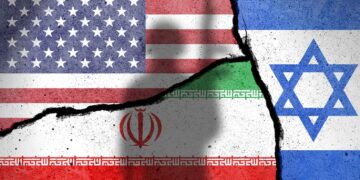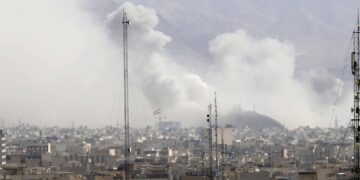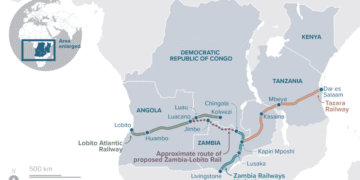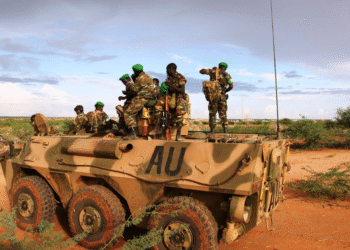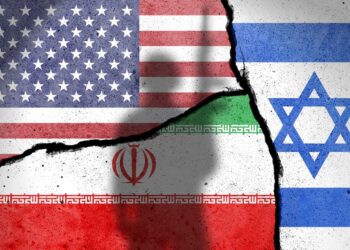The recent wave of recognition of Palestine by several Western countries marks a symbolic turning point in the decades-long Israeli-Palestinian conflict. For years, Western governments have stood on the sidelines, voicing support for a two-state solution but hesitating to formally acknowledge Palestinian statehood. This cautious approach has allowed the status quo to persist—one of occupation, violence, and shattered hopes.
The new recognitions, however, are not merely diplomatic gestures. They signal a growing frustration with Israel’s unwillingness to engage meaningfully in peace negotiations, as well as mounting concern over the humanitarian catastrophe in Gaza and the West Bank. In doing so, these governments are aligning themselves with the majority of the international community, which has long recognized Palestine as a state.
Yet, recognition alone cannot deliver justice or peace. Without concrete actions—such as pressuring Israel to halt settlement expansion, holding both parties accountable to international law, and reviving genuine negotiations—the move risks being remembered as symbolic politics rather than a real catalyst for change. The Palestinians, who have endured generations of displacement and dispossession, deserve more than gestures; they deserve a future built on sovereignty, dignity, and security.
Ultimately, the recognition of Palestine by Western states should be seen as the beginning of a shift, not the end. It must be accompanied by policies that translate symbolism into substance. Only then can the international community claim to be serious about peace in the Middle East.

